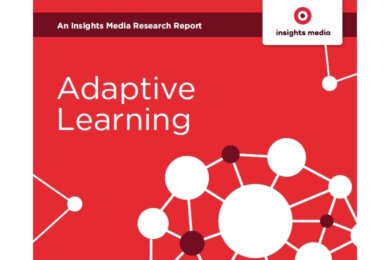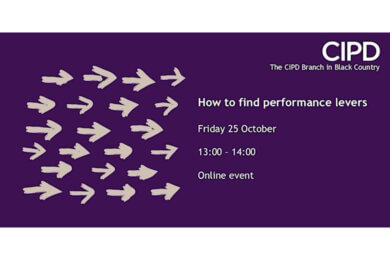
In 2008, Google did an internal study on what behaviours make a great manager. They identified eight.
Last year they updated and extended this study, called Project Oxygen, and added two more behaviours.
Here is the updated list…
- Is a good coach
- Empowers team and does not micromanage
- Creates an inclusive team environment, showing concern for success and well-being
- Is productive and results-oriented
- Is a good communicator – listens and shares information
- Supports career development and discusses performance
- Has a clear vision/strategy for the team
- Has key technical skills to help advise the team
- Collaborates across Google
- Is a strong decision maker
How would you notice each of these behaviours? In other words, what exactly would you observe that meant the behaviour is present?
If you are a manager, how well do you think you would score or, more importantly, how well would your team score you?
Here is a link to more information, including the surveys they used.
https://rework.withgoogle.com/blog/the-evolution-of-project-oxygen/
My best wishes, Paul




